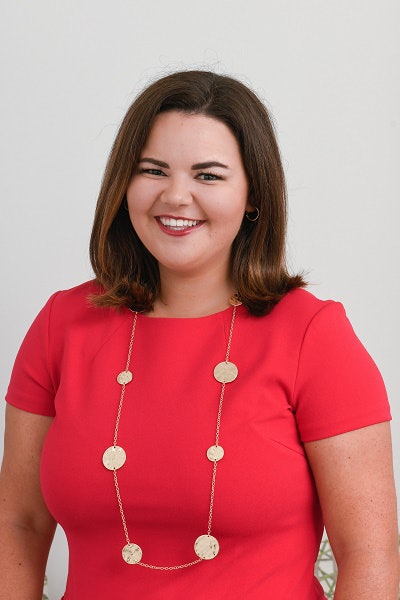Like most university students, at the start of every semester I look at my course syllabi. I skim the course readings and assignments, but what I am really looking for is the calendar. More specifically, I am looking for how the calendar will overlap with the religious holidays I observe. Like most non-Christian university students, I can expect my holidays to be largely overlooked when it comes to course planning and university events.
As a Jewish student, I can count on there being at least one assignment, test, guest speaker, or special opportunity that I will miss because of my religious observances each semester, namely Rosh Hashanah and Yom Kippur in the Fall, and Passover in the Spring. Of course there are university policies in place that ensure students missing class for religious reasons are excused, but that doesn’t mean it isn’t a hassle for the students asking. Students notifying their professors of their absence or asking for an assignment extension must juggle each professor’s specific policy for communication and make-up work, all with varying degrees of flexibility. Completing these extra steps is an added challenge when the student is celebrating a joyous holiday, or observing a more serious one. Additionally, students observing a major religious holiday may be traveling to be with their family and friends. More often than not, these major holidays do not fall on typical university breaks.
 Kelsey Oberbroeckling
Kelsey OberbroecklingChristian students never have to worry about their biggest holidays conflicting with the academic calendar. Christmas always falls over winter break, and Easter is always on a Sunday, with many people off from school on Good Friday, too. The High Holy Days of Judaism occur in the middle of the Fall semester, often around the time of midterms and homecoming. For Muslim people, the holy month of Ramadan, which includes a daily fast, has fallen at the end of the Spring semester for the past few years, often running through final exams. Many religions follow the Lunar calendar, meaning they fall on different dates each year on the Gregorian calendar (also known as the Western or Christian calendar). For example, Diwali, part of the Hindu tradition, always begins on the 15th day of Kartika, which falls on November 4th in 2021, but on October 24th in 2022.
Non-Christian students are almost always in the minority. However, that does not mean their needs do not matter. Better coordinating university calendars and religious calendars will only benefit students, and in turn the university at large. The problem of clashing calendars does not have to be hard to solve. By paying close attention to religious calendars, professors and university leaders can better ensure that non-Christian students are not missing out on opportunities because of their faith. The same goes for non-Christian faculty and staff.
Some schools, like Davidson College in North Carolina, publish a Religious Observance Calendar which “encourages students, faculty, and staff to be aware and respectful of the diverse religious observances of college community members.” Other schools, like the University of Denver, encourage faculty and staff to import religious calendars into their work calendar, and double check dates when making schedules. I recommend that university leaders go a step further in their inclusion efforts by creating policies at the college level where the Dean’s office checks course syllabi for date conflicts before each semester starts. On the non-academic front, university leaders should ensure that large traditional events including homecoming, spring carnivals, family weekend, and more do not overlap with any major holiday for any religion. Try using one, some, or all of these solutions on your campus to be more inclusive to students of different faiths. With these policies in place, more of the campus community can fully participate in academic and extracurricular activities.
My intent is not for universities to overhaul the academic calendar as we know it, rather it is for university leaders to pay more attention to the religious calendars of faiths other than their own. Normal university operations do not need to stop on non-Christian religious holy days, but universities need to be mindful and considerate of the students observing those holy days.
The conversation surrounding religious calendars is much broader than the university sphere. K-12 education also needs better calendar coordination, as does corporate America. Perfect attendance awards should be phased out of schools so students are not penalized for missing class. Companies should adjust paid time off policies so non-Christian employees do not have to use their regular “Paid Time Off” for their own religious observance, while having holidays off that they do not observe. Overall, America needs a greater awareness of non-Christian holidays.
Our universities are becoming more diverse, and our university leaders are more keen to celebrate that diversity. Too often though, the definition of diversity is limited to race, class, gender, and sexual orientation. I recommend that universities include religious diversity in their definition of diversity, and show their non-Christian students that they are included and thought of in the campus community.
Kelsey Oberbroeckling is a Jewish graduate student pursuing her Masters in Higher Education Administration at North Carolina State University.















